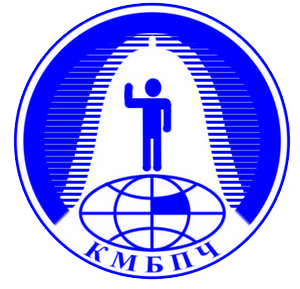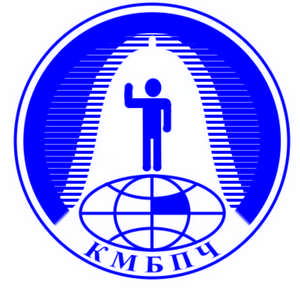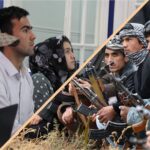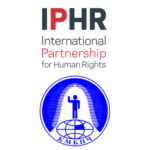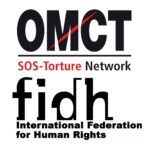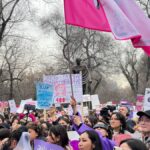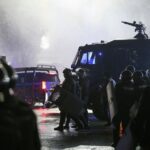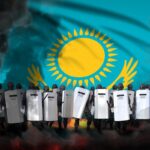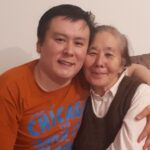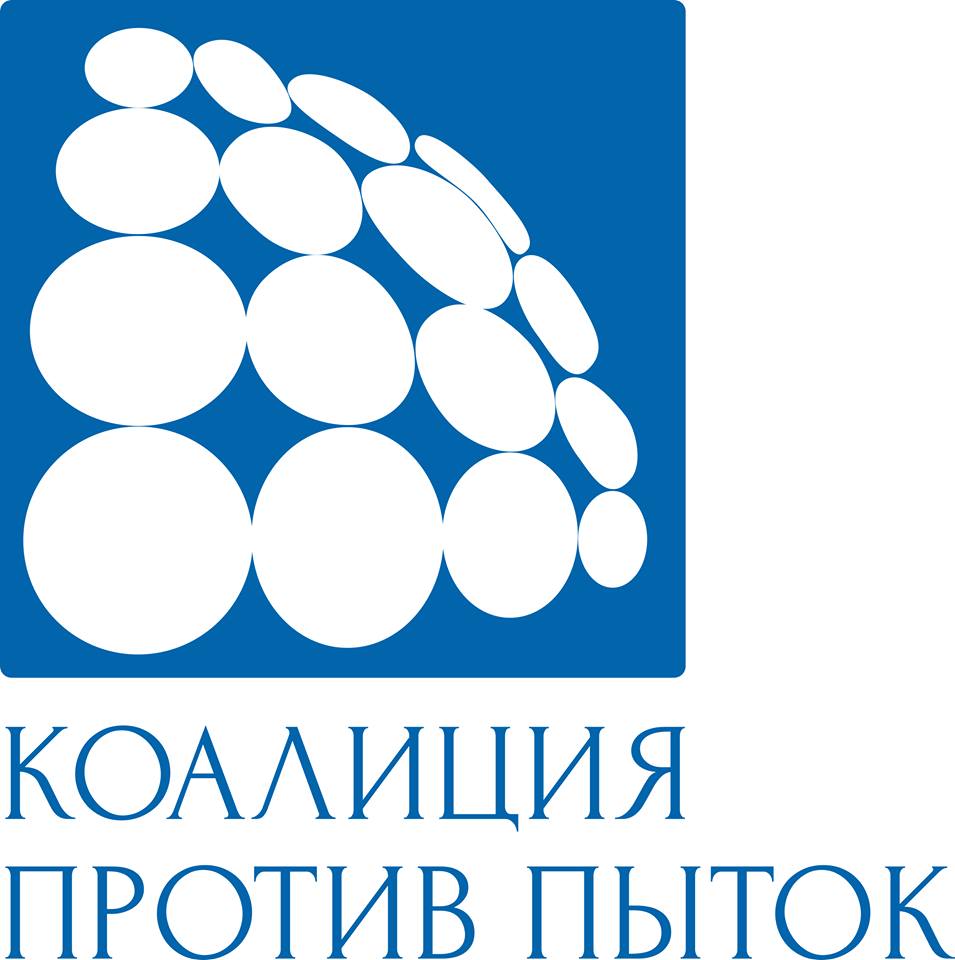Over the course of last several months, as if by command, mass persecution has begun in different corners of the country in the form of administrative proceedings and threats of criminal prosecution, against dozens of civil society activists, bloggers and simply people who chose not to be indifferent.
The Kazakhstan authorities must stop using a state of emergency as an excuse to prosecute its critics and opponents (Statement)
The Kazakhstan International Bureau for Human Rights and the Rule of Law asserts that the express recommendations of the United Nations to refrain from using a declared state of emergency in order to suppress any public criticism of actions taken by the state authorities, and persecuting those who have resorted to their constitutional right to freedom of expression must not be violated.
On 18 April 2020, two well-known public figures, Mr. Alnur Ilyashev and Mr. Arman Shuryaev, were detained and subsequently placed in a pre-trial detention centres in two cities, Almaty and Karaganda. Both were charged under article 274.4 of the Criminal Code of the Republic of Kazakhstan (“Dissemination of knowingly false information,” aggravated as dissemination “in a state of emergency or in a state of combat, or in wartime, or in the course of a public event”). Moreover, the court proceeding to impose the measure of restraint on Mr. Shuraev was held behind closed doors in violation of the law.
As it follows from the resolution relating to the qualification of the acts of the suspect Mr. Alnur Ilshyaev, which has been made available to the Bureau, he was charged on the ground that “with the purpose of creating a threat to public order,” he disseminated on YouTube channel “BASÉ” a video material that contained “knowingly false information discrediting the authorities of the Republic of Kazakhstan, and calling for their resignation,” and called Nur Otan “a party of fraudsters and thieves.” According to an expert opinion, this amounts to “a negative assessment of the performance of “Nur Otan Party” Public Association. In order words, in reality Mr. Alnur Ilyashev is being charged for voicing his personal opinion about one of Kazakhstan’s mainstream political associations. This, in effect, means that for the first time since the Soviet Union era, voicing a critical opinion about a political party has been qualified as a serious crime.
At least two other criminal cases had been initiated against the authors of video materials. In late March, the news came of Mr. Dias Moldalimov, a resident of Almaty, who was charged under the same article 274.4(2) for having addressed in a video message a number of questions to the authorities. On 12 April 2020, Mr. Arman Khasenov was arrested in Karaganda for his harshly critical remarks about the family of ex-President Nazarbayev, in a video published in the Internet. There is no information what article of the Criminal Code he is being/has been charged under. On 17 April 2020, a court trial began into Ms. Danaya Kaliyeva, who is accused of “insulting a state official” based on her remark made in a video material posted on Facebook.
Over the course of last several months, as if by command, mass persecution has begun in different corners of the country in the form of administrative proceedings and threats of criminal prosecution, against dozens of civil society activists, bloggers and simply people who chose not to be indifferent.
The already-existing suite of administrative and criminal charges that have been used for political persecution has been expanded by several new ones:
Article 478 (Code of Administrative Offences), “Actions that provoke a violation of the public order in a state of emergency;”
Article 476 (Code of Administrative Offences), “Violation of a state of emergency;”
Article 274 (Criminal Code), “Dissemination of knowingly false information in a state of emergency.”
All this is taking place against a backdrop of already-existing accusations and methods aimed at suppressing and intimidating the civil society, such as allegations of purported disobedience and insult of police officers, participation in an unregistered public association, violating the procedure of holding peaceful assembly and other similar methods – all while threats, physical violence and punitive psychiatric treatment still continue to be used.
We are seriously concerned that the arrests of Mr. Ilyashev and Mr. Shurayev, as well as other criminal and administrative persecution of the authors of other critical video messages and opinions, might have laid a foundation for a new wave of repressions in a state of emergency and engendered in the law-enforcement agencies an illusion of all-permissiveness and impunity.
Largely such countries as Kazakhstan specifically, have been called upon by the United Nations not to use the coronavirus pandemic as a cover for repressive action to suppress human rights and liberties, and quash dissent.
“With regard to COVID-19, emergency powers must be used for legitimate public health goals, not used as basis to quash dissent or silence the work of human rights defenders or journalists, or commit any other acts that are not necessary for public health-specific aims,” the United Nations COVID-19 Guidance states. The UN experts are concerned that certain states and their special services might take advantage of the pandemic to introduce excessive restrictions on civil rights and freedoms.
“COVID-19 is a test of societies, of governments, of communities and of individuals,” the UN declared.


